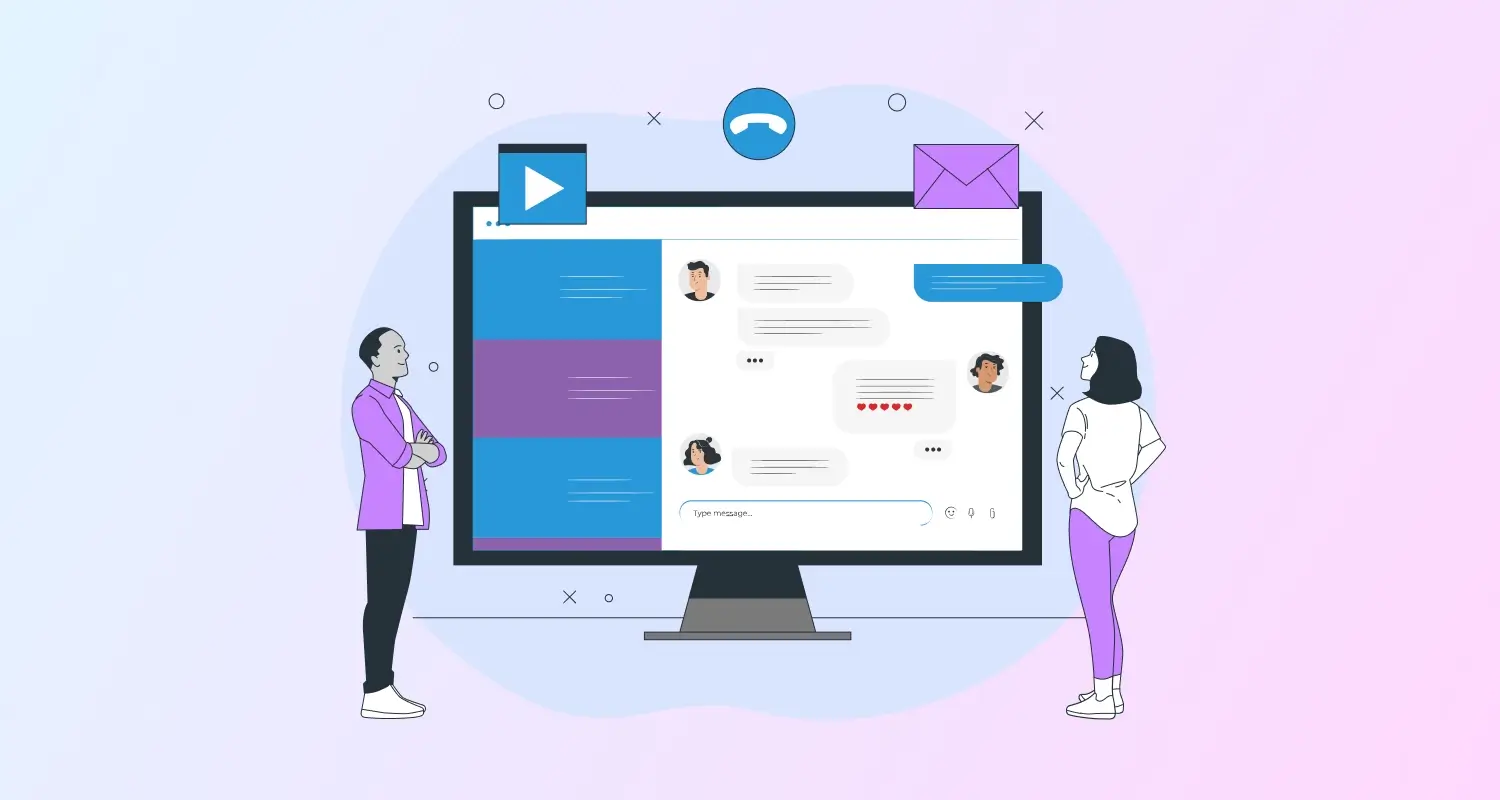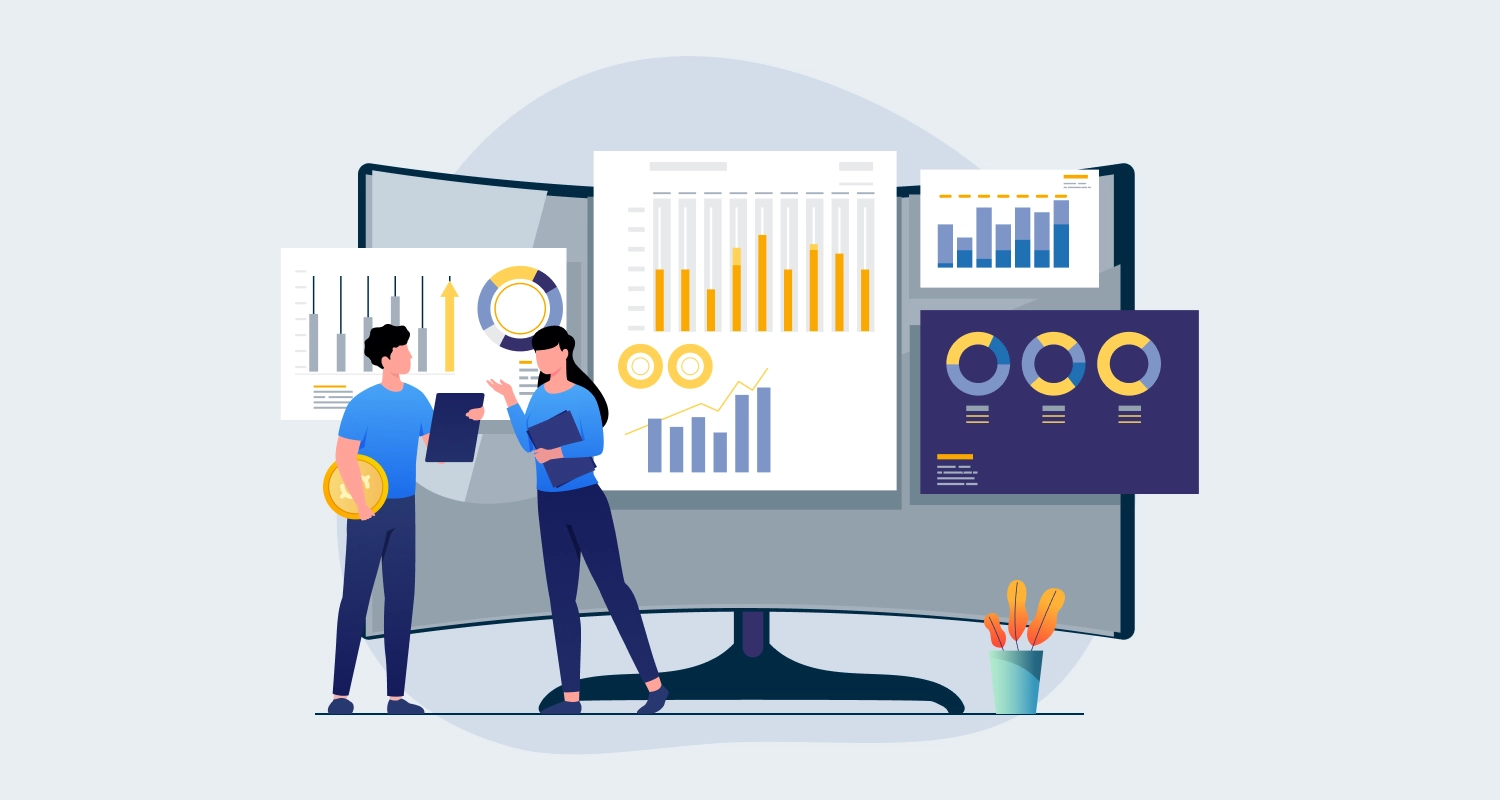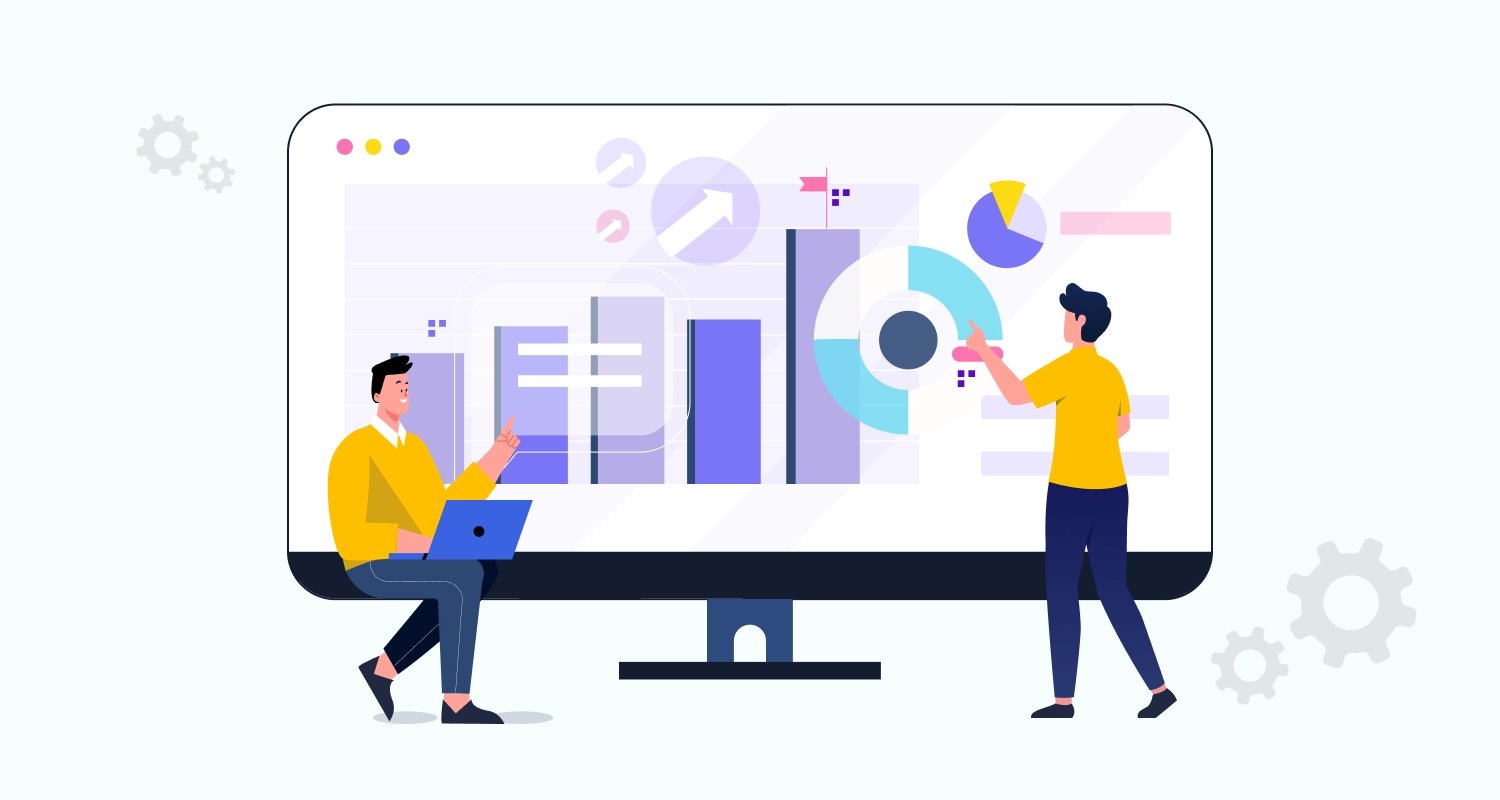A Non-Disclosure agreement is a legal contract that makes a trustworthy affiliation between a one who clasps some kind of confidential job details (or other information) and somebody to whom the disclosed will be confidential.
Why Do You Need an NDA?
Every business has intangible information and assets which needs to be shared with external vendors or stakeholders due to XYZ reason. Any asset or information sharing needs to be completely confidential as if it goes in wrong hands, it might result in a loss for the company. There are generally two types of Non-Disclosure Agreement:
- Unilateral Non-Disclosure Agreement – one person agrees not to reveal specific information about another party.
- Mutual Non-Disclosure Agreement – both parties decide to not share each other’s information
So What Do Software Development NDAs Look Like?
NDAs are assigned legal contracts that can be as modest or as multipart as the company desire. An NDA is like a one-page fill-in-the-blank form or a prolonged document enlisted from a score to reproduce the unique conditions of the company’s relationship, different assigning topics of each employee and the nature of the information and evidence that will be disclosed and secretive. While there is no such entity as one-size-fits-all software NDA, for commitments of this overview analysis and to recognize how generally NDAs work, it is important to escalate the three “main-software development” requirements that are corporate and common to all NDA.
The Term of the Recipient’s Obligations
The term of an NDA sets out the time limit on the recipients’ obligations. The term of an NDA may be dignified in years, month, weeks and days. Reliant on the conditions of the association and the nature of the disclosed information data.
The Definition of Confidential Information
The meaning of “Confidential Information” is that any nonpublic information pertaining to company’s business. It is information shared with only a few people for an assigned reason. The person who is receiving the information from the receiver, generally cannot take advantage and use information for their personal gain, for example giving the information out to unauthorized third parties. That is where a confidentiality contract would come in to prevent misuse of your personal information.
What might constitute a breach?
NDAs openly influence out that the individual person receiving the information, data, figures, projects are to keep it top-secret and limit its use. This means you can’t breach the agreement, inspire others to breach it, or permit others to admittance the confidential information through inappropriate or eccentric methods. For example, if a designer from a software company leaves a gadget sample at a bar where it’s exposed by a technology journalist, the designer would probably be in breach of the NDA contracted when he took the job.
The Limitation on Use and Disclosure
This provision will designate what a beneficiary company may do and what a recipient company may not do with disclosed revealed information that tumbles within the definition of Confidential Information. This provision will surely almost prohibition disclosure of Confidential Information, but may also boundary the use of Confidential Information and, in certain cases, require that the recipient take certain positive steps to protect the secrecy of Private Information.
What is covered by a Non-Disclosure Agreement?
In software development, the intimate information can contain source code, development process peculiarities, assignment and statement details, new app concepts, trade secrets, business plan, data and information about customers, and so on.
Software Development Agreements
Software Development agreement and contracts often enclose terms and verbal language exactness the intellectual property (IP) ownership for the respective parties. A software development agreement is a smart and insolent way to avoid disagreements and disputes that might arise down the road, and it can advantage businesses avoid excessive and expensive litigation.
Developing a Custom Software Development Agreement
These agreements can protect terms such as a transfer assignment of a patent from the developer to the client and they can summarize a detailed process for determining disputes, such as negotiation or mediation. Software agreements must also address the “work prepared for hire” doctrine.
Negotiating Software Development Agreements
Software developers must maintain and appoint software lawyers to negotiate all facets of software development agreements. They may also want fluctuating payment recompense languages such as a materials and time agreement or a fixed-price contract agreements rendering to each customer’s specific needs. A user may want a guarantee of definite performance concerning the competences of the software.
The main purpose of an NDA is to prohibit improper use and disclosure of the information. That being said, adopting an NDA is an advisable and cost-effective way of protecting your business advantage. Making this fundamental step will provide a measure of legal protection and need not detract from the product development and execution that will really make your business a success.








